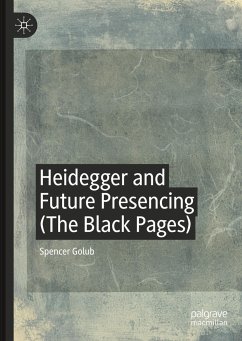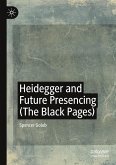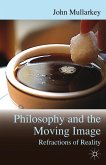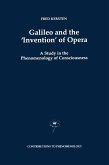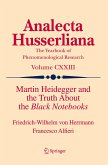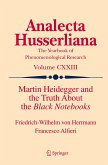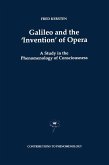This book applies Heidegger's writings to experimental fictions and film genres in order to study a being-there that performs itself beyond liveness and a future that is already here. Theatrical mise-en-scène is analyzed as a way of modeling the Heideggerian ontological-existential, exchanging a deeper presencing for the fictional "now" of liveness. The book is organized around ostensible objects that are in fact things-as-such and performs its theme via time-traveling, interruptions, decompositions, incompleteness, failure, geometric patterning, and above all black pages first cited in Tristram Shandy. This is a nuanced, original work that combines unexpected sources with even more unexpected writing, imagery, and correspondences. It is part of Golub's ongoing project of lyrically reimagining philosophy and the mise-en-scène of theatrical performance (a presence-room of consciousness) in light of one another.

